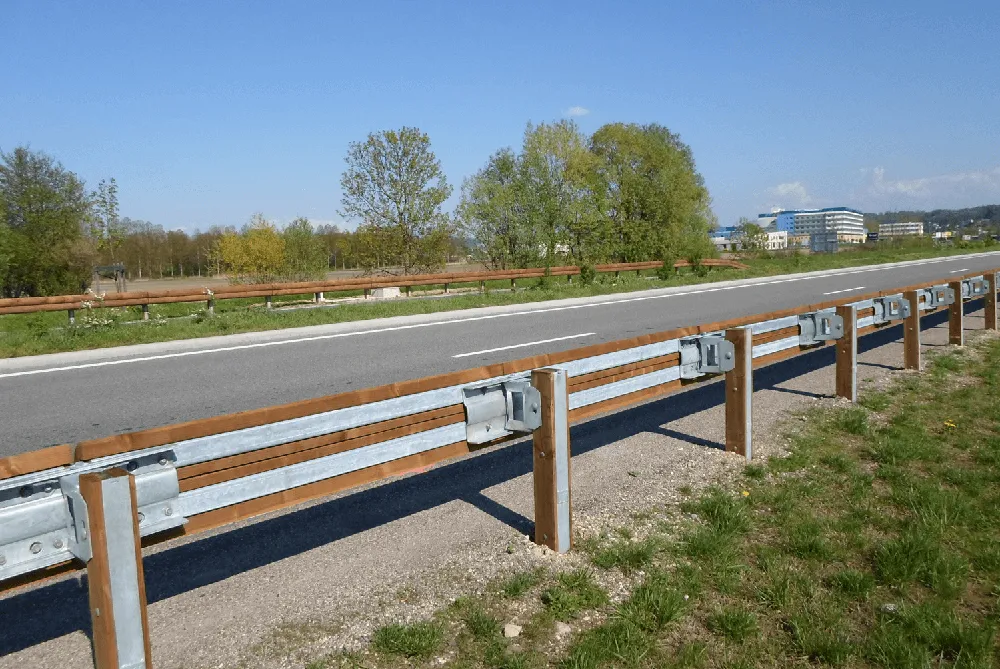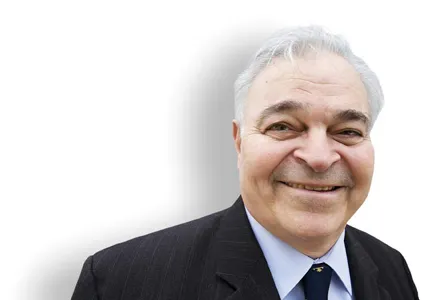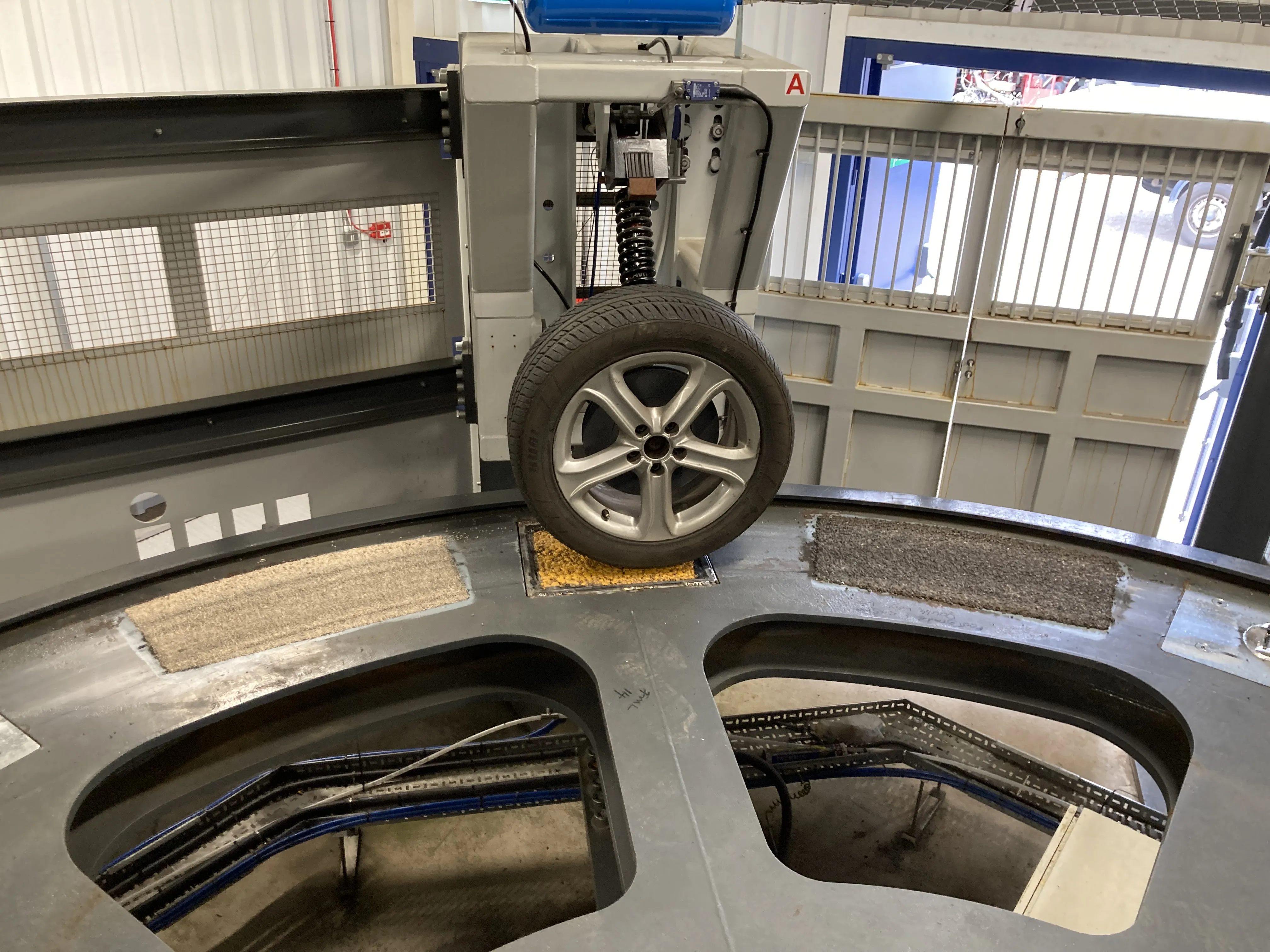
Worked started in China in July last year. The T40 steel-backed timber guardrail deal is Tertu’s most important project in the country, being led by the company’s subsidiary Tertu Shanghai Traffic Technologies, founded in 2010.
The T40 guardrail was introduced along Chinese roads after testing in 2018 when it became the first European steel-backed timber safety barrier to be certified to Chinese standard JTG B05-01 -2013 (level A). The guardrail stood up to a 10tonne Chinese bus during certification tests at the Beijing Shenhuada laboratory.
The aesthetically pleasing timber crash barrier offers the same performances as steel or concrete barriers but is more environment friendly, according to the company, based in Villedieu-Lès-Bailleul, north-western France.
The barrier system consists of two half-logs 22cm in diameter and either 2m or 4m long, reinforced at the back with a steel U-channel. The rails are mounted on an IPE 140 support with metal spacer. According to EN 1317 standard, the guardrail T40 offers a L2 double containment level N2 for passenger cars and H2 for heavy vehicles.
To comply with Chinese regulations, the guardrail was tested with three vehicle types: a 10tonne bus launched at 60kph, a 10tonne truck, also launched at 60kph, and a 1.5tonne car at 100kph. The T40 is often used in scenic areas to reduce the visual impact of the barrier. Meanwhile, wood treatment ensures that the material offers a long service life to match that of the steel reinforcement.
Tertu said that, apart from France and China, the T40 system has been installed in other countries including Italy, Norway, Ireland, Czech Republic, the British channel island of Jersey, Netherlands, Luxemburg, Belgium, Andorra and Israel.
The current CE certified range offers 12 models, from containment level N1 to H2 covering working widths from W3 to W7.









